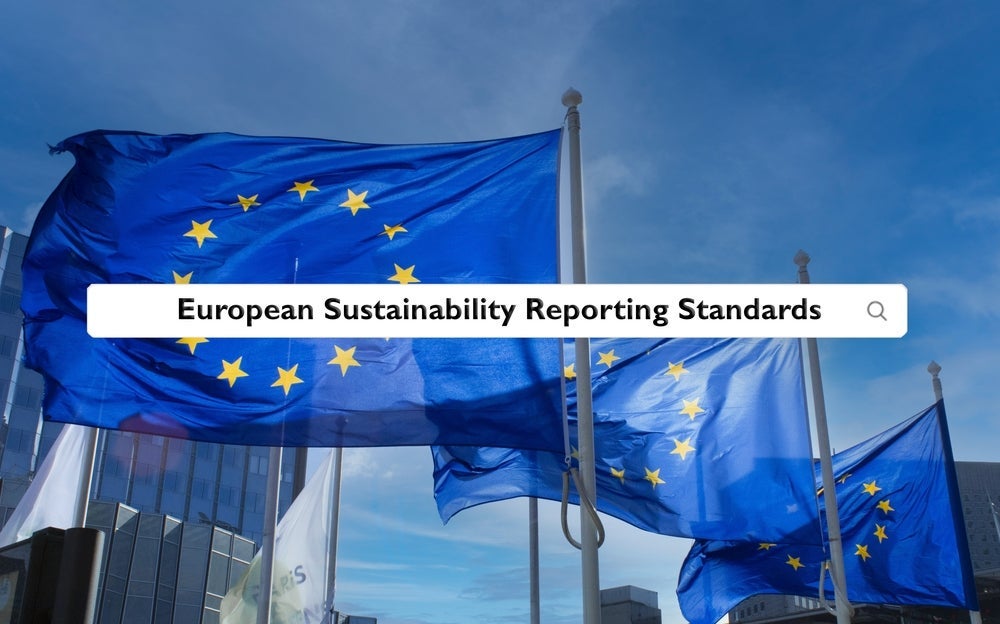Sustainability reporting standards help set the strategic imperatives surrounding ESG that companies must follow.
Initiatives surrounding sustainability reporting must continue to evolve to holistically encompass the sustainability of a company, no matter the industry or sector.
On Tuesday, April 23, 2024, the International Sustainability Standards Board (ISSB) announced that it was researching disclosure standards concerning the opportunities and risks relating to biodiversity, ecosystems, ecosystem services, and human capital.
The research is designed to enhance more specific disclosures relating to a company’s credentials in these factors, thus providing investors and the public with better information on how companies approach and act on these values. Given the less-than-ideal ‘connection’ between ESG and the anti-woke movement globally, increasingly extensive sustainability reporting is in a difficult position.
Corporate social responsibility under fire
The responsibility of sustainability can be a difficult aspect of many companies’ operations and has become increasingly politicised, as legacy industries seek to preserve and enrich themselves to significant environmental expense. The weaponisation of the term ‘ESG’ is bad for the environment and damaging to sustainability agendas, and this extends to sustainability reporting standards.
See Also:
In 2023 there was a significant increase in ESG pushback in the US, with several states rejecting management of state retirement assets from financial service providers with notable ESG considerations, including BlackRock and Vanguard.
How well do you really know your competitors?
Access the most comprehensive Company Profiles on the market, powered by GlobalData. Save hours of research. Gain competitive edge.

Thank you!
Your download email will arrive shortly
Not ready to buy yet? Download a free sample
We are confident about the unique quality of our Company Profiles. However, we want you to make the most beneficial decision for your business, so we offer a free sample that you can download by submitting the below form
By GlobalDataIn October 2023, the European Parliament fortunately rejected a proposal to scrap the European Sustainability Reporting Standards (ESRS).
Circumvention, avoidance, and absent data quality are all strategies companies have deployed to minimise the extent to which they publish data relating to the sustainability of their operations. By weakening political commitments and undermining reporting standards relating to ESG, companies are also able to reduce commitments to sustainability.
Sustainability reporting can be ‘choosey’
Picking the right standard can be difficult and many companies use this choice to obscure or highlight poor or positive performances in ESG factors.
By building up reporting standards internationally, avoidance strategies and greenwashing cease to be effective means of hiding a company’s sustainability or lack thereof. As part of the move towards holistic, global ESG regulation, the sustainability standards themselves need to be simple and consistent to ensure functional compliance. As standards become more extensive, it is crucial that there is transparency surrounding companies’ ESG commitments, and the actions being made to achieve them.
Demonstrative sustainability, which can be easily tracked and assessed for clarity, is key for the alignment of business success and ESG initiatives, and it begins with sustainability reporting standards.
Quality sustainability reporting
Aligning sustainability more closely with commercial success will enhance its credibility more broadly, with quality, transparent sustainability reporting a key component of this.
Providing investors and the public more broadly with comprehensive, quality, and verifiable information surrounding ESG and how it relates to a company’s prospects is an important part of embedding sustainability in business practices. Responsible investing is good for businesses, economies, and the environment globally. By providing the public with expansive and quality information on the sustainability of a company, stakeholders can freely back green, climate-conscious choices.
Rigorous reporting standards help to prevent greenwashing and will undeniably make it easier to achieve climate goals. It remains to be seen whether companies will embed principles of sustainability into business operations holistically, the ultimate end goal for sustainability standards setters.









